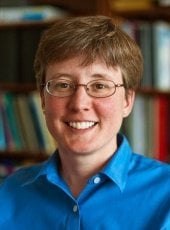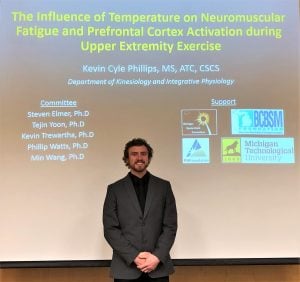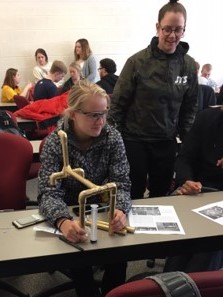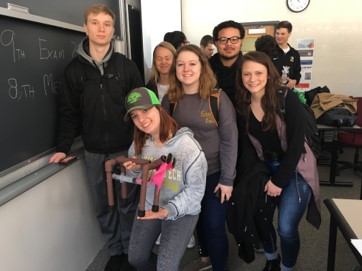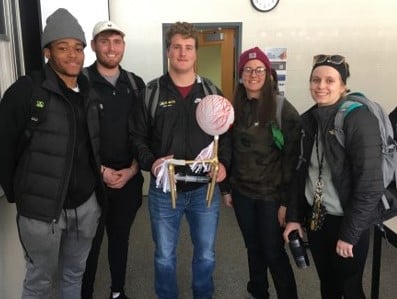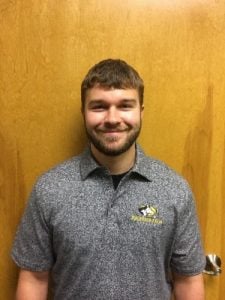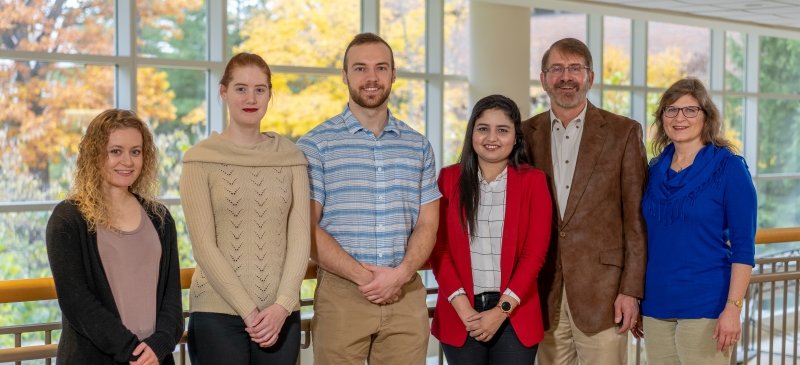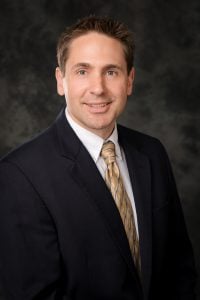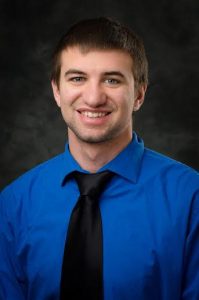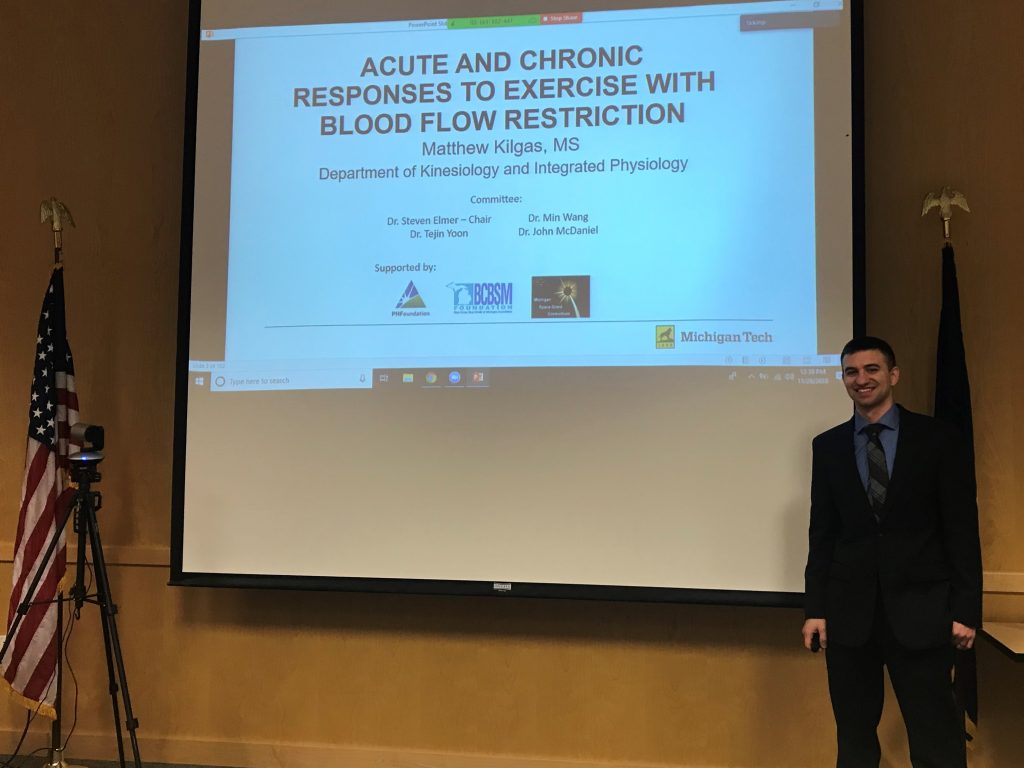Qing-Hui Chen (KIP/HRI) is Principal Investigator on a project that has received a $459,000 research and development grant from the US Department of Health and Human Services and National Institutes of Health. The project is titled “Neural Mechanism of Sympathetic Activation in Heart Failure.” Zhiying Shan (KIP) is Co-PI of this potential three-year project.
